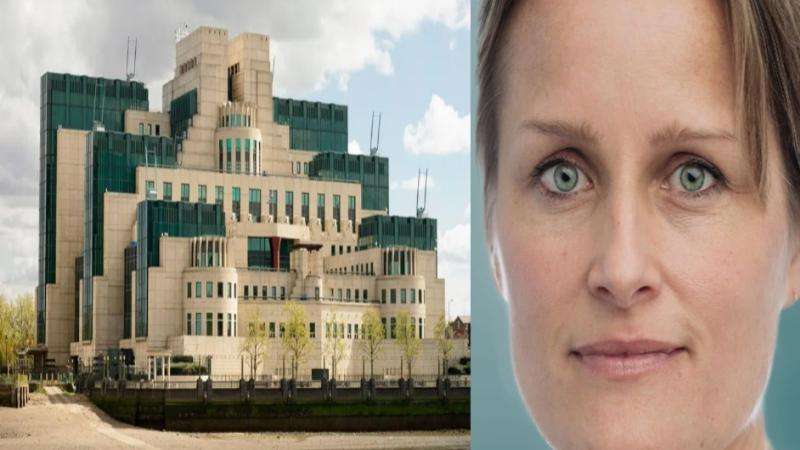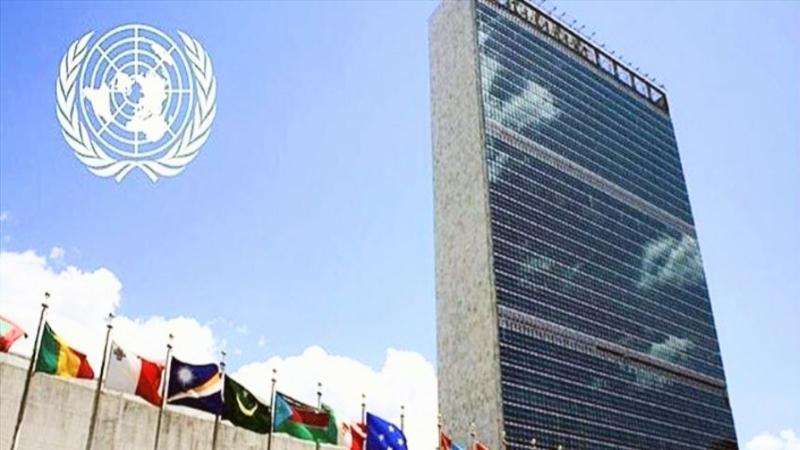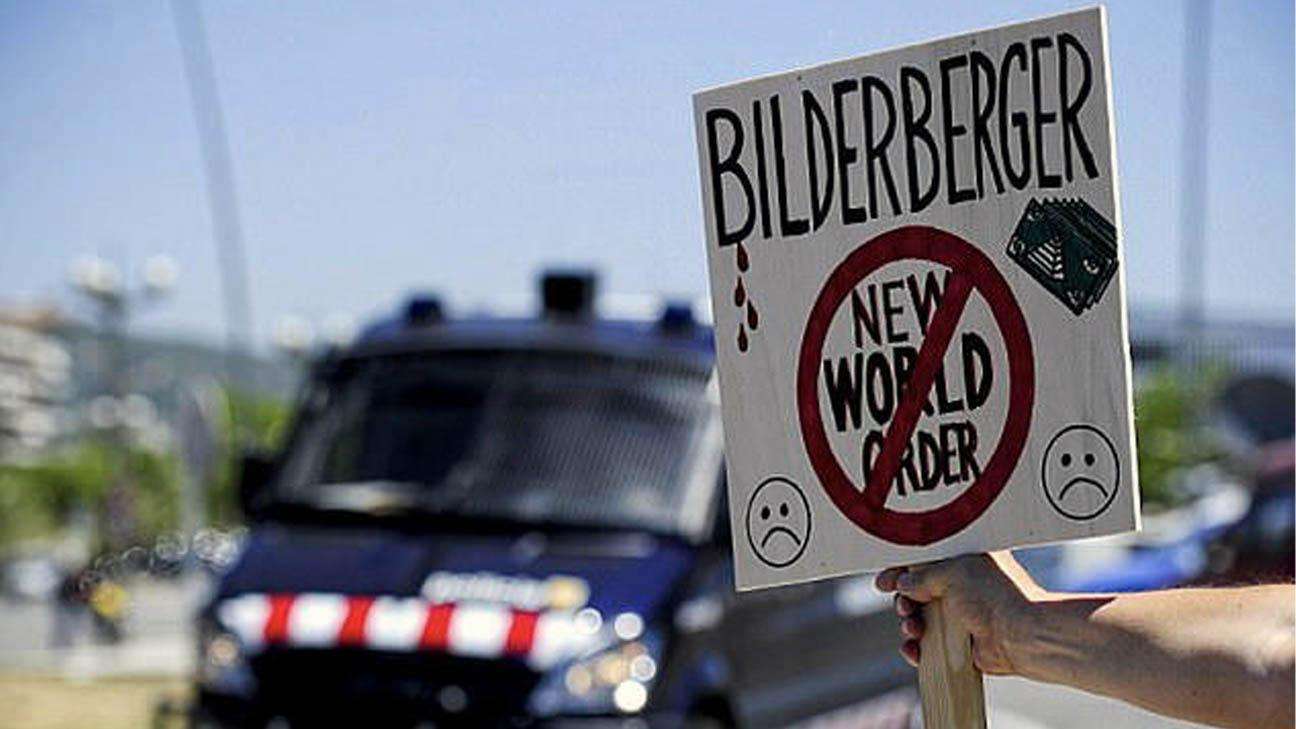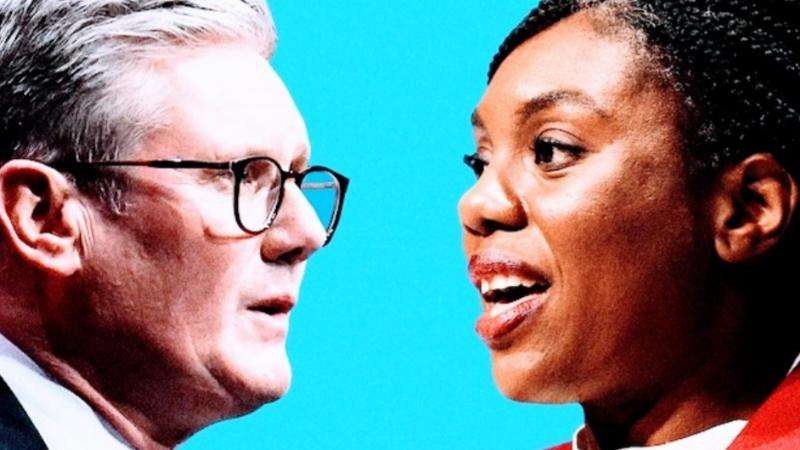The world's most secretive and influential society, the Bilderberg Group, concluded its annual four-day meeting in Sweden yesterday, holding private discussions at a time of unprecedented global flux. The high-level gathering, established in 1954 to foster dialogue between the United States and Europe, took place against a backdrop of heightened tensions between the continent and a potential future US administration led by Donald Trump, which has already upended traditional security and economic alliances.
Media outlets are explicitly barred from attending the Bilderberg Meeting, and delegates rarely, if ever, speak publicly about the discussions, fueling myriad conspiracy theories surrounding the group's true intentions. This year's published delegate list, released just prior to the meeting, featured a who's who of global power, including NATO Secretary General Mark Rutte, Microsoft CEO Satya Nadella, and Christopher Donahue, Commander of the US Army Europe and Africa. Other notable attendees included Palantir boss Alex Karp, Gundbert Scherf, co-founder of German drone and AI company Helsing, and Spotify chief executive Daniel Ek. Historically, heads of the CIA and MI6 have been members, and figures like Henry Kissinger, Bill Clinton, Bill Gates, and then-Prince Charles have been regular participants.
Swedish Prime Minister Ulf Kristersson was slated to deliver a speech focusing on "Sweden's and the EU's competitiveness and Sweden's support for Ukraine," according to his spokesperson. While information remains scarce, the organizers' published agenda listed transatlantic relations as a top priority, alongside Ukraine, critical raw materials, and artificial intelligence. The stated reason for the pervasive secrecy is to create an environment of trust, enabling participants to speak freely without public scrutiny. "There is no desired outcome, there is no closing statement, there are no resolutions proposed or votes taken, and the meeting does not support any political party or viewpoint," the official Bilderberg website explicitly states.
The true impact of groups like Bilderberg is difficult to ascertain, according to Christina Garsten, a professor at the Swedish Collegium for Advanced Study who specializes in transnational think tanks. "They aim to shape the broad political and corporate agenda," she noted. "But if they are seen as having too much influence, they can be accused of being anti-democratic. It's there that conspiracy theories can flower." Garsten, however, dismissed the notion held by some that groups like Bilderberg constitute a shadowy world government, calling such beliefs "very much exaggerated."
The four days of talks were reportedly dominated by pressing geopolitical concerns, including discussions on the recent missile exchanges between Israel and Iran. Nadia Schadlow, a former US deputy national security adviser and Bilderberg insider, hinted before the meeting that "the growing collusion among revisionist powers" would be a significant focus. "An authoritarian axis is rapidly coalescing around China, Russia, Iran, and North Korea, disrupting the belief that an international community has taken shape in the aftermath of the cold war," she stated. Other publicized discussion topics included "geopolitics of energy and critical minerals" and "defense innovation and resilience."
The substantial presence of big tech executives at the meeting suggests that technological solutions, particularly the increased deployment of AI-controlled attack drones, were likely championed. Former Google CEO Eric Schmidt, a long-standing Bilderberg board member, recently voiced concerns that a super-intelligent AI could emerge within five years, expressing worry that a hostile nation might achieve this breakthrough first. "China is at parity or pulling ahead of the US in a variety of technologies, notably at the AI frontier," Schmidt warned, emphasizing the "enormous" geopolitical stakes in the race with China, and fearing that such AI could grant a nation "the keys to control the entire world" through unprecedented military dominance.
This year's Bilderberg meeting marked a significant leadership transition, with former NATO chief Jens Stoltenberg assuming the chairmanship of its 'steering committee'. Stoltenberg's tenure at NATO was largely defined by the Russia-Ukraine conflict, during which he oversaw what he proudly described as "the largest reinforcement of our collective defense in a generation." Many of his Bilderberg colleagues, particularly those in the defense sector, have directly benefited from this surge in military spending. Among them is Trump confidant Peter Thiel, the head of AI giant Palantir, whose technology has been extensively utilized by Ukraine in its conflict with Russia.
Stoltenberg will co-chair the steering committee alongside Canadian-American economist and philanthropist Marie-Josée Kravis, a board member of Publicis, one of the world's largest PR and communications companies. Kravis is married to billionaire Henry Kravis, co-founder of the renowned investment firm KKR.
This annual gathering of the global, largely liberal, elite, many with strong ties to the European Union, continues to operate under a veil of secrecy. However, Stoltenberg's appointment as co-chair signals a strategic realignment within the group in response to escalating geopolitical tensions. Having overseen NATO's largest defense reinforcement in a generation, Stoltenberg is a familiar face at Bilderberg, having participated in meetings since 2002. His experience at the helm of NATO during the Russia-Ukraine conflict and a period of increased NATO expansion makes him a natural choice to guide Bilderberg's discussions on transatlantic defense.
Concurrently, Peter Thiel's growing influence within Bilderberg underscores a clear convergence of technological innovation and military strategy. Both his robotics company, Anduril, and Palantir have significantly capitalized on the global arms race, mirroring the group's long-standing connections to defense and intelligence. Thiel's ideological alignment with Donald Trump and his tech-driven contributions to defense offer a contemporary reflection of Bilderberg's foundational ethos – the blending of elite influence with overarching geopolitical strategy. Stoltenberg's leadership, combined with Thiel's outsized influence, points to a Bilderberg Group increasingly and deeply intertwined with military innovation and global political strategy.




_1.jpg)



.svg)

_1.jpg)
